After a lot of controversies, countless court appeals, some tasteless death threats, and much ado about nothing at all, Padmavati aka Padmaavat aka ‘what is wrong with people’ released on Wednesday, in the most extravagant way possible. For those who have been living under a rock for the past few days, the much-awaited Sanjay Leela Bhansali movie released only in 3D and IMAX-3D yesterday. As expected the acting displayed by Ranveer Singh and Deepika Padukone is out of this world. The chemistry and the tentative energy is something that can’t be denied at all, inspite of them never sharing the screen. The box-office is sure to be rocked by this movie, and the country hopefully positively impacted. Before that happens, however, let’s deep dive into the meat of the matter. After all the ‘Khalji’ is in the details.
The Bhansali Extravaganza
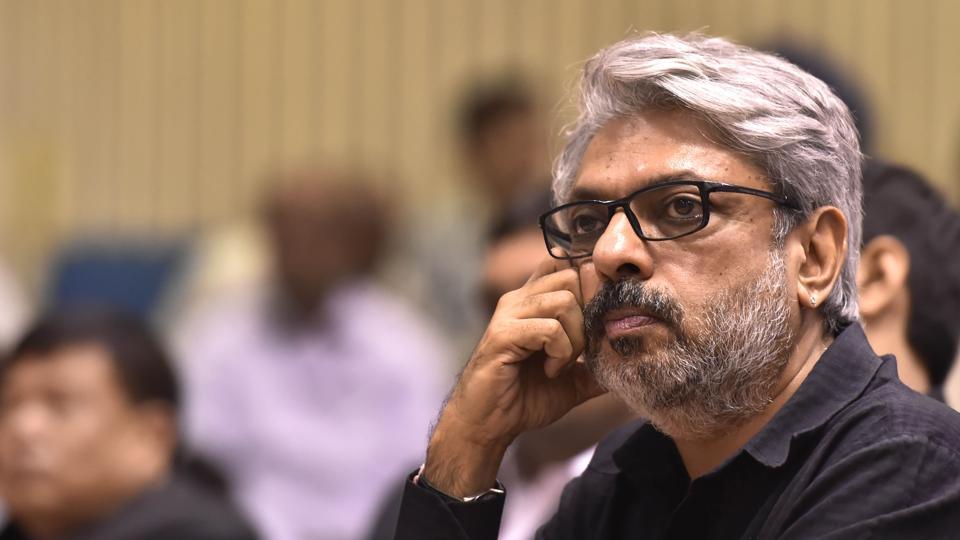
The movie promised to be a spectacle and a grand spectacle it is. The one-liners, the intensity of every protagonist’s voice, and their resilience is something that impresses. But one can’t help but notice that the acting sometimes borderlines on overacting. At best the acting is controlled acting. This time Sanjay Leela Bhansali really let himself go. Focusing too much on the spectacle and the vision sometimes weakens the content. If it had been someone other than Bhansali, it would have been a disaster. Fortunately, it was not.
The Dreaded Controversy
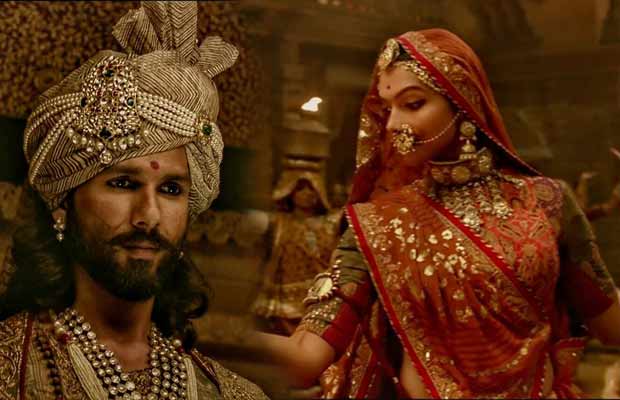
Okay, so let’s get this out of the way. Without giving away too much, I can safely say that there was nothing in the movie whatsoever that the Rajputs or anyone else could possibly find offending or derogatory. I mean if anything, it was uplifting and applauding of both the Rajput tradition and the Rajput pride. And for people saying it’s wrongly glorifying the Muslims and Alauddin Khalji, that’s just dumb. I am not much of a history buff, but anyone who has ever prepared for the IAS exams would know that Alauddin Khalji was one of the most prominent rulers of the Delhi Sultanate (google it) and undoubtedly the most famous out of all Khalji rulers. In a time when bloodshed, violence, and heinous means were considered fashion, Alauddin did many things that he might or might not have regretted but were ultimately responsible for consolidating the Delhi empire. The movie shows both dynasties involved just as they were: historical and something to be looked at with pride. Let’s leave it at that, shall we?
The Cinematic Trifecta
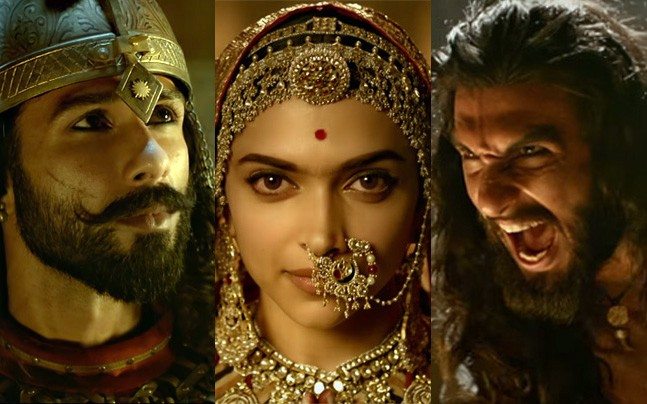
After Bajirao Mastani, Ranveer was expected to deliver yet another impressive performance. Unsurprisingly, he did precisely that. It felt like Ranveer never got out of touch with his previous character and just went one step further to portray Alauddin Khalji. Playing the role of a man who was in charge of solidifying a declining empire while battling with his personal demons, needs much more than what the script and director can offer you. You need to bring something from inside. Something dark and desolate that may even surprise you. And the eccentric actor nailed it in every way. I personally can happily give 300 rupees again for just watching Ranveer dancing like a demented person to the tunes of ‘Khalibali.’
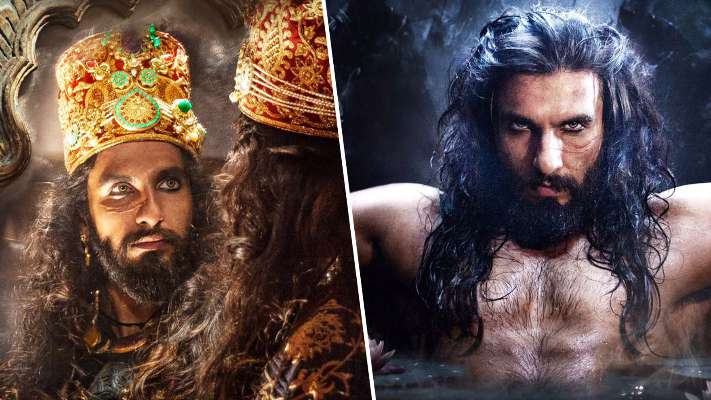
Needless to say, Ranveer’s performance surpassed the acting capacity of both Shahid Kapoor and Deepika combined. Of course, Deepika had a unique place in the film with her own significance. She charmed with her beauty, enthralled with her wits, and left us in awe of her stern dialogue delivery. Many times she was the only voice of reason amidst seemingly level-5 idiots. But I personally felt Deepika didn’t receive as much screen time as she deserved. I mean the movie was named after her character after all.
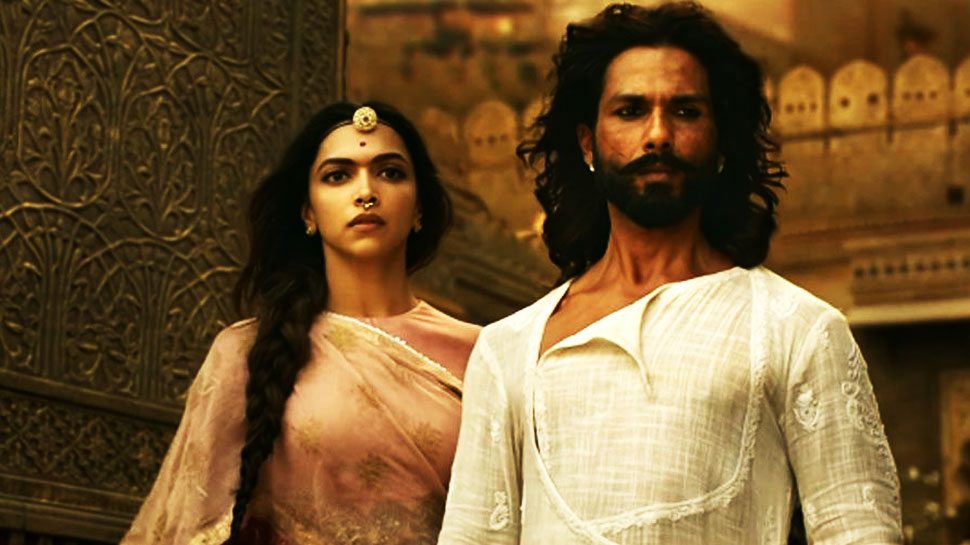
Meanwhile, Shahid Kapoor was on his own trip. After watching his exquisite performance in Haider, I expected him to be equivalent to the great Alauddin Khalji in terms of screen presence. However, his Rawal Ratan Singh felt like a cloud which only thunders but never showers. His overbearing and condescending one-liners seemed to be overcompensation for the lack of content and character grooming. Shahid appeared more like a mannequin put on display to glorify something else. I had reckoned that being an actor of such great caliber, he would stand head to head with Ranveer, if not overpower him. Sadly he was simply overshadowed by the colossal antihero personality of his adversary. Plain and simple.
One-Man Army
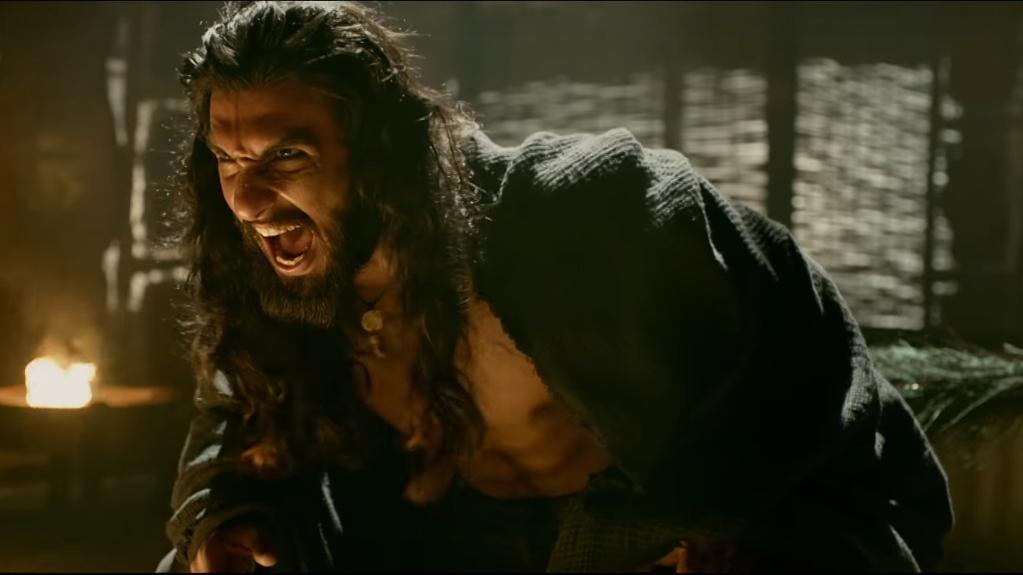
Portraying a character as deep and complex as Alauddin Khalji requires a lot of investment and immersion on the actor’s part. And Ranveer Singh’s acting showed every shade of his personality shining as bright as the crown on his head. Alauddin Khalji in itself is a persona that brings a lot of extreme bits of the human psyche to the table, whether it be the sadism, the questionable sexuality, or the hunger to conquer the world. The unexplainable eccentricity and a little madness is just a Ranveer Singh bonus. I am not at all trying to downplay Shahid and Deepika’s contribution to the movie. But Ranveer Singh, the ultimate excited rabbit in every way takes away the limelight. He shows that he has a strong character, and his role is one of solidarity and extravagance. It shows in his regal walks, defying presence, and oblivious smiles that he is the Sultan of Delhi who wishes to unify entire Hindustan under one reign. If this kind of acting is not worthy of a Filmfare, I don’t know what is.
Historical Inaccuracy
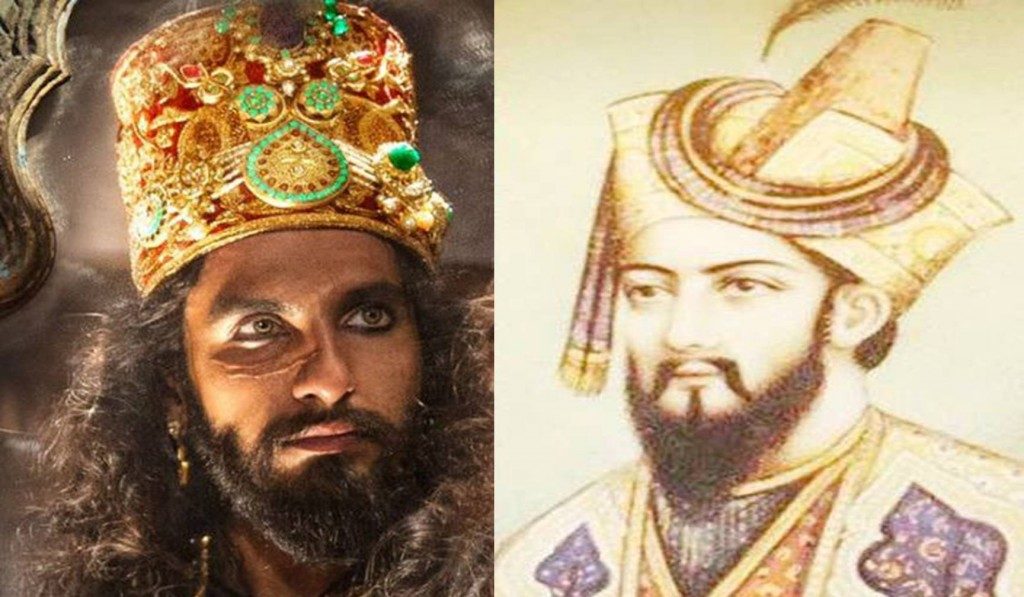
I have no idea what the fuss was about. Without spoiling anything for the ones who are still planning to watch it, I can say with confidence that there is nothing in the plot or the dialogues that can be considered remotely demeaning or disrespectful to either Raja Ratan Singh or Rani Padmini. Not for Alauddin Khalji even. And that’s saying a lot. People who are saying that Padmaavat claims to be historically accurate should watch the movie first. And those claiming it is historically inaccurate should start reading history books more often.
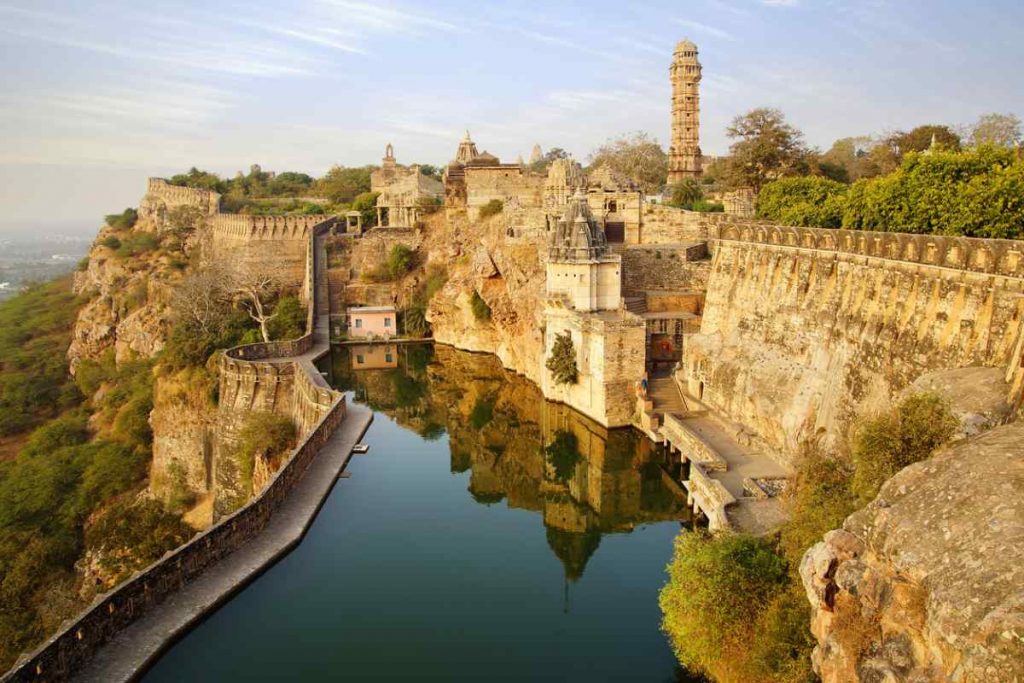
Infact let’s just assume that Padmaavat was historically inaccurate. What would have happened then? My only point is if a story, a myth, or an urban legend gives even a sliver of hope, a spoonful of motivation, or a feeling of closure to a person -without hurting anyone- what problem should the apparent protectors of society have with it? Ever heard of tooth fairy or Santa Claus? You think that’s ‘historically accurate’?
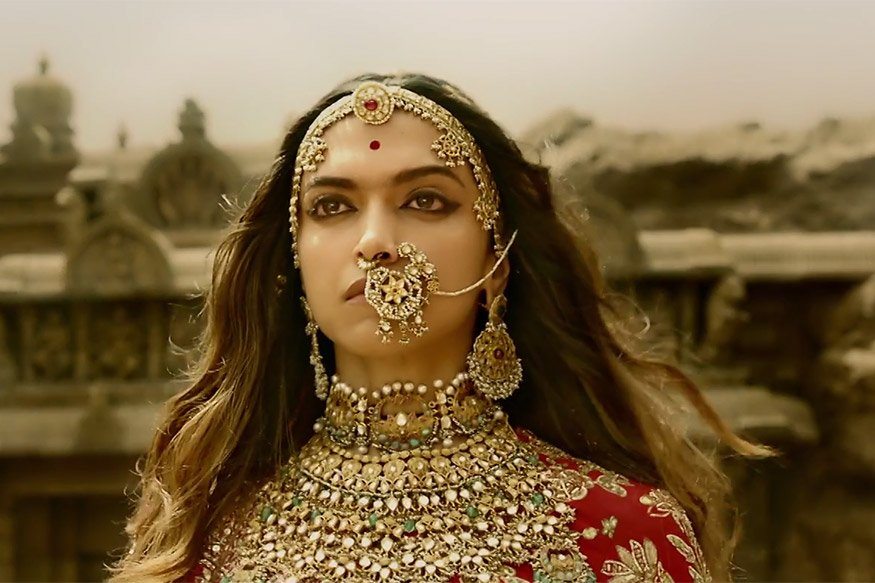
When did somebody’s ego become so important that it started coming between creative contentment and satisfaction for the soul? Whether the actor did justice to the plot or if the artist personified his muse perfectly is not the question. The question is what right does anybody have to render his creation blasphemous. I believe no query is wrong. The answer you give in reply depends on your perspective, and that may or may not be wrong.
Rating: 4/5

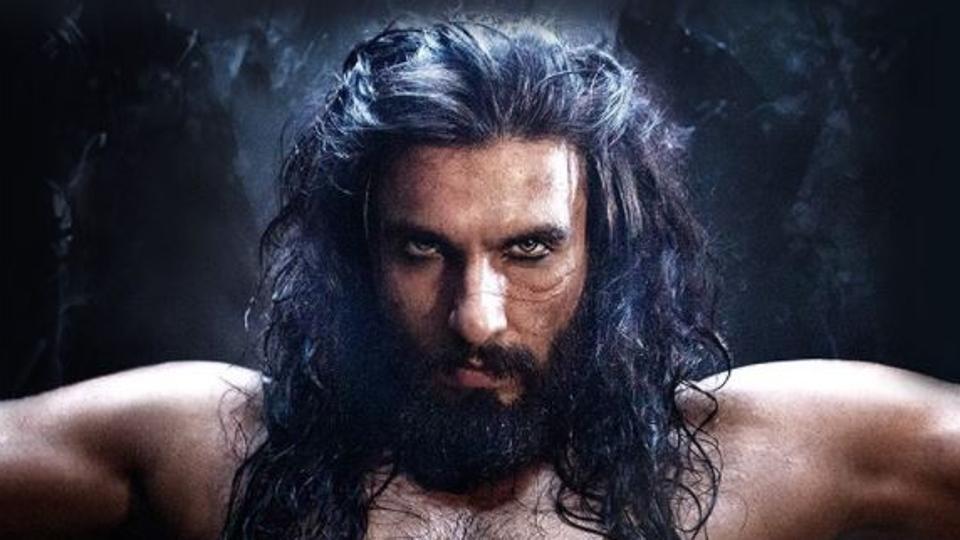
You must be logged in to post a comment.